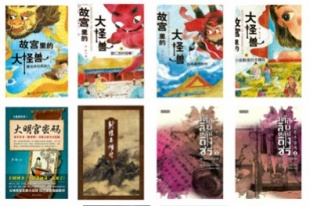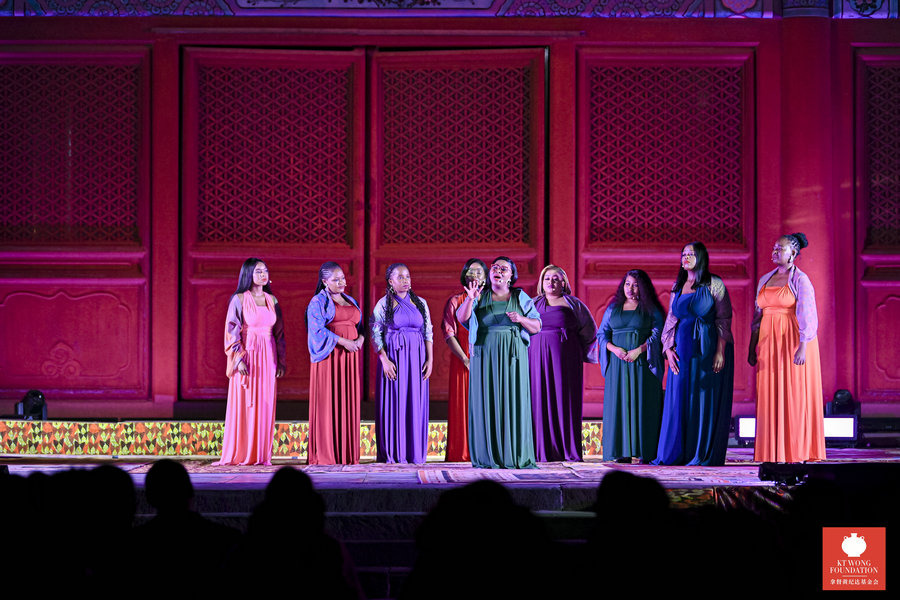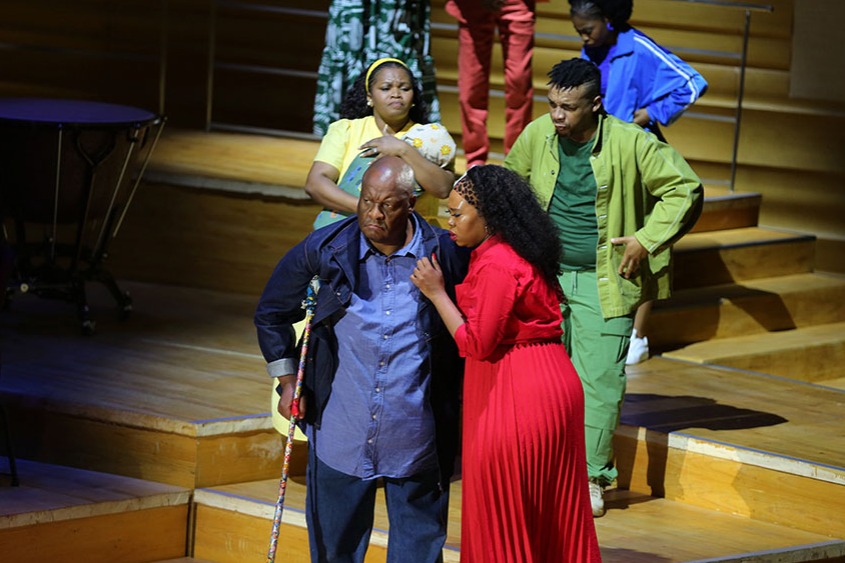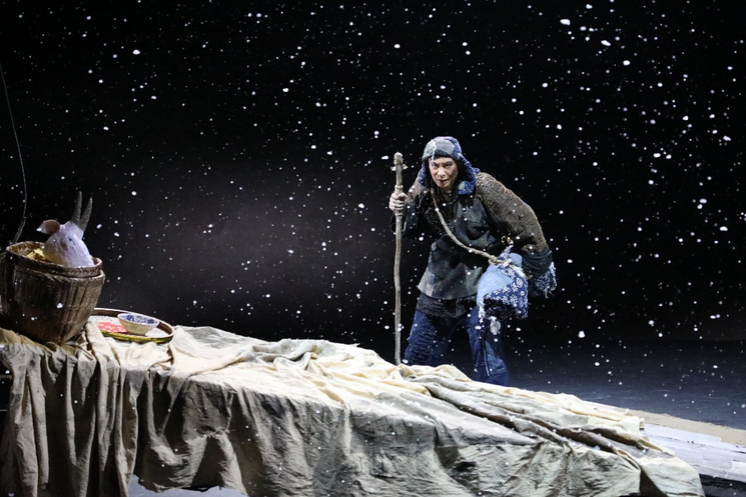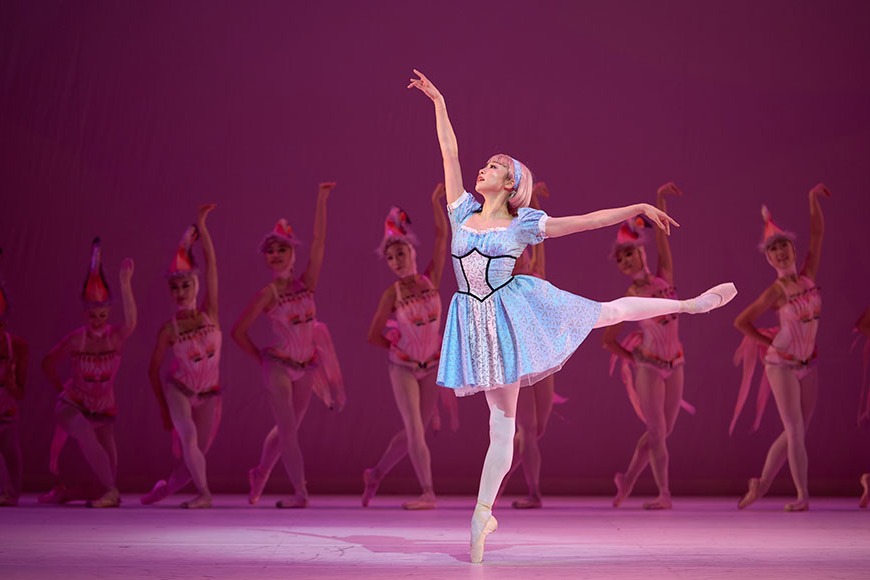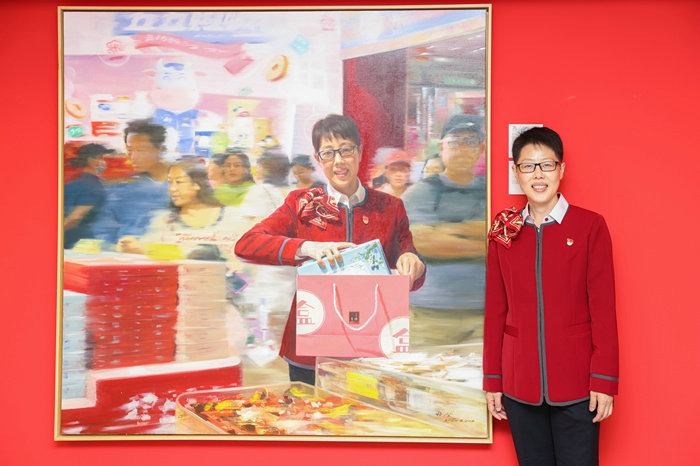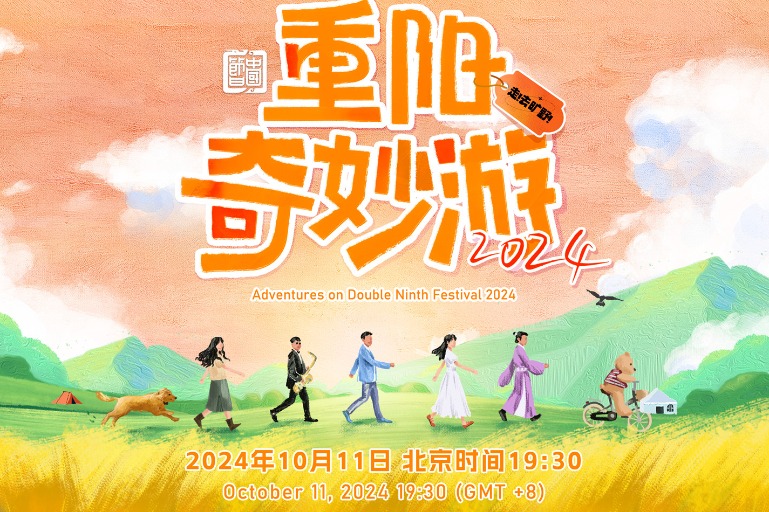Stories that captivate the world

In Europe and the US readers are becoming increasingly interested in Chinese culture, and literary works can offer them a channel to have a look at the flourishing age in ancient China, she says.
Tang Mystery are mystery fiction built on four different cultural symbols during that time, such as Preface to the Orchid Pavilion Poem Collection, by the calligraphy master Wang Xizhi, and The Everlasting Regret, a poem that recounts the love between Emperor Li Longji and his concubine Yang Yuhuan, by the great poet Bai Juyi.
"Some US publishers reached us after learning about the books' performance on Amazon," Liang says.
Tang Yin, the author, says the mystery novel genre makes it easier for overseas readers to follow the storytelling, in contrast to very serious highbrow literary works that may discuss profound social problems or human nature.
Combining Chinese culture with intriguing narration has also become a trend in children's books in China, and this has attracted overseas publishers.
One example is Monsters in the Forbidden City by Chang Yi.
The plan is for 12 volumes, half of which have come out. Since the first book was published in 2015, more than 1 million copies have been sold.
As one of the best-selling children's books, Monsters in the Forbidden City attracts publishers from overseas also because "it's about both China and the world", says Liu Jinshuang, editor with Encyclopedia of China Publishing House.
"It's rooted in Chinese mythology and legends, so readers can learn about these ancient Chinese stories and more about the Forbidden City. It also tells about universal values: goodness, integrity, faith, love and responsibility."
Its copyright has now been sold to Hong Kong, as well as Malaysia, Mongolia, Romania, South Korea and Thailand, as well as to Arabic-speaking countries.
"If my memory serves me correctly, the first contract is for the Arabic version," Chang says.
"The translator said she was excited to find an Arabic character in a Chinese book about the Forbidden City."
At the Beijing International Book Fair 2017, where Chang hosted a recommendation meeting, translators from Hungary and Japan also showed their interest. Some took the first three books back for their children. But they need to find a publisher first if they want to publish them, she says.
With the success of Three-Body Problem, Mai Jia's Decoded and now the promising A Hero Born, will overseas publishers want to publish more excellent Chinese literary works that are usually not considered highbrow but are extremely popular in China?
"Yes, I think they will," Engles says. "Publishers will always try to replicate what has proved successful. One successful author from any given country can make all the difference to how publishers perceive books from that market. And publishers are more open than ever to publishing genre fiction in translation, whether that's crime, sci fi or fantasy."


